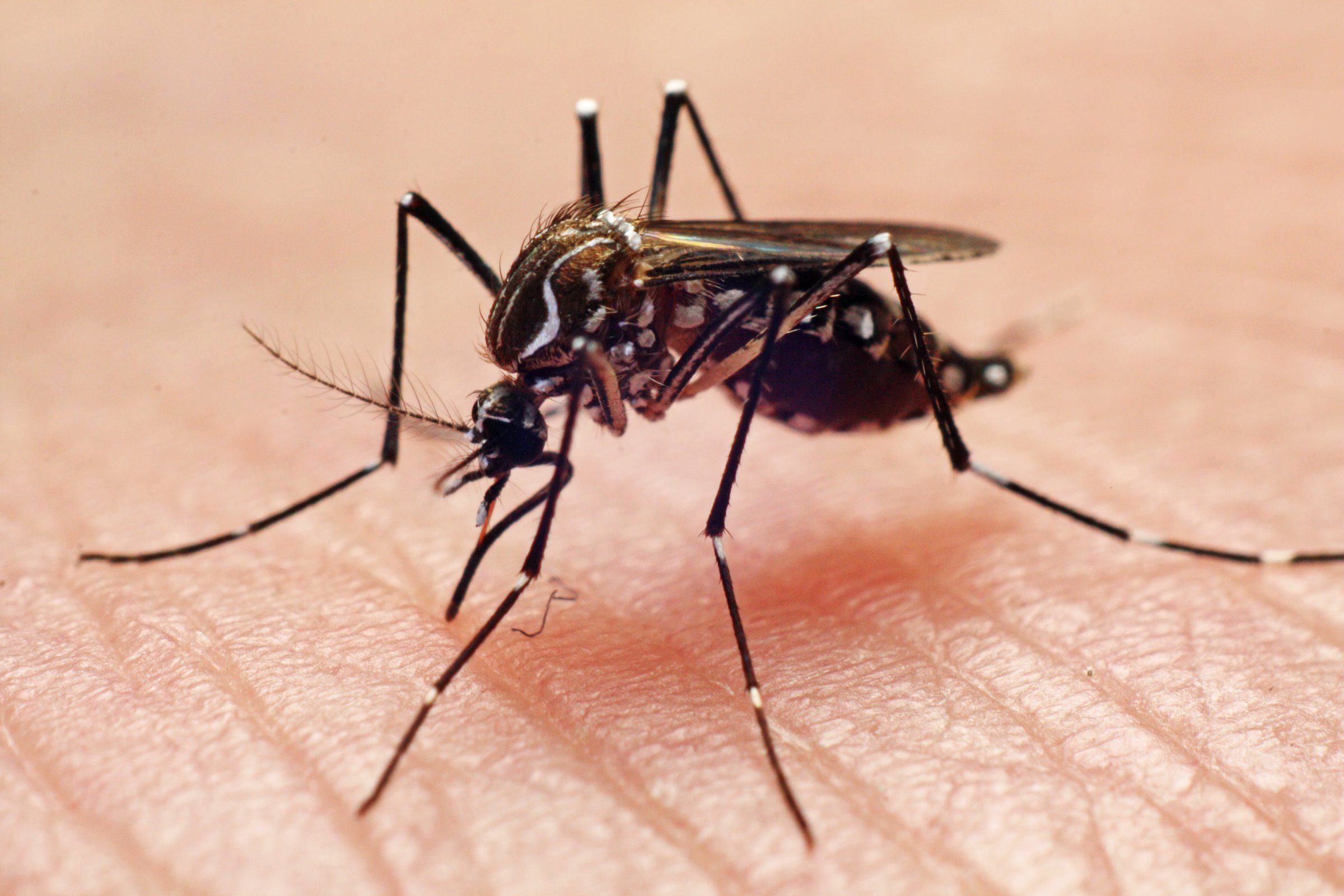
Brazil has undeniably been the country hardest hit by the latest epidemic of Zika virus; it leads the world in confirmed cases of infection with nearly 110,000 cases, according to the latest data from the Pan American Health Organization. Those infections have contributed to more than 2,200 cases of congenital Zika syndrome in babies (microcephaly) born to women infected with the virus.
The latest report from a Brazilian scientist studying the impact that the epidemic is having on reproductive choices shows that the consequences of the Zika outbreak may be long lasting. In a brief letter published in the BMJ Journal of Family Planning and Reproductive Health Care, the researcher reports that 56% of women in a nationally representative sample who were surveyed said that they avoided getting pregnant because of Zika. More women in the hardest hit areas of Brazil, in the northeastern part of the country, said they didn’t want to get pregnant, as well as more black and non–white women.
The report says that the findings should alert government officials to the urgent need to address reproductive health options for women. Abortion is illegal in Brazil, except in cases of rape, which may push more women to avoid getting pregnant under the threat of Zika. Better access and more options for birth control should also be a priority to give women longer term control over their reproductive health, the report says.
More Must-Reads From TIME
- The 100 Most Influential People of 2024
- The Revolution of Yulia Navalnaya
- 6 Compliments That Land Every Time
- What's the Deal With the Bitcoin Halving?
- If You're Dating Right Now , You're Brave: Column
- The AI That Could Heal a Divided Internet
- Fallout Is a Brilliant Model for the Future of Video Game Adaptations
- Want Weekly Recs on What to Watch, Read, and More? Sign Up for Worth Your Time
Contact us at letters@time.com